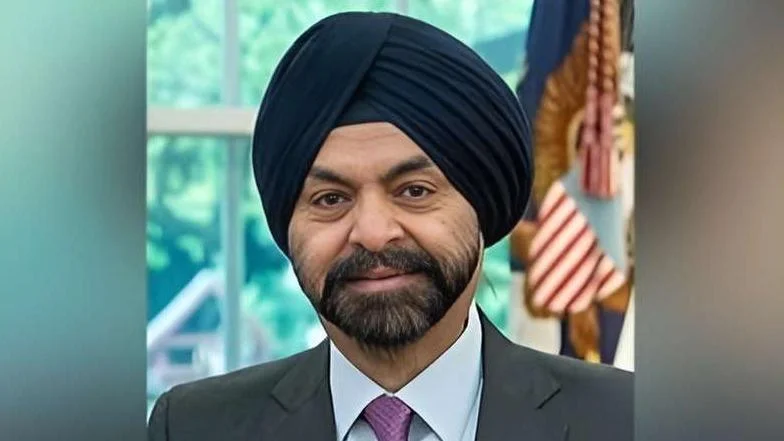In Tanzania, the introduction of electricity has notably improved education and healthcare services. At Lukaranga Secondary School, the previous absence of power created significant challenges for both students and teachers, impacting academic performance and complicating basic tasks like printing materials. Joseph Tongora, the school's headmaster, and teacher Flora Chacha shared their experiences, detailing the constraints they faced. Tongora recounted, “We were not able to conduct regular assessments, and this hindered student performance in national exams and their progress.” With the connection to the electricity grid by Tanzania’s Rural Energy Agency (REA) in July 2024, the situation improved significantly.
Chacha highlighted advancements in educational resources: “With electricity, we can make copies of texts and use audio resources.” Students’ performance has since improved, with enhanced facilitation of night studies in a safer environment. “We come to school in the evenings to study, feeling safe and secure due to the lighting,” shared Japhet Tobeka, a Form Four student.
Nationally, initiatives under Tanzania's National Rural Electrification Program (NREP) have driven electricity access from 14% in 2011 to 46% in 2022. Efforts aim to equalize access between urban and rural areas, where disparities remain pronounced. Funding from the World Bank supports these efforts through the Tanzania Rural Electrification Expansion Program (TREEP) and the Tanzania Accelerating Sustainable and Clean Energy Transformation (ASCENT TZ) Program. Both initiatives focus on expanding reliable electricity, increasing renewable energy usage, and ensuring energy sustainability.
Healthcare facilities have also benefited. The Connected Buyuni dispensary now offers comprehensive medical services and sees increased patient visits. Medical staff like Dr. Julius Nsoha have experienced significant improvements. “Before electrification, villagers often resorted to self-medication,” said Dr. Nsoha, noting the advancements since reliable energy became available. At Fukayosi, an expanded health center now facilitates a greater range of medical procedures and tests, improving community health outcomes. Dr. Eric Moshi emphasized these changes, highlighting enhanced capabilities for laboratory and imaging services.
The electricity expansion supports greatly improved maternal and neonatal health services across connected areas. In Fukayosi, for example, births have approximately doubled per month, and essential care, including warming for newborns, is now available.

